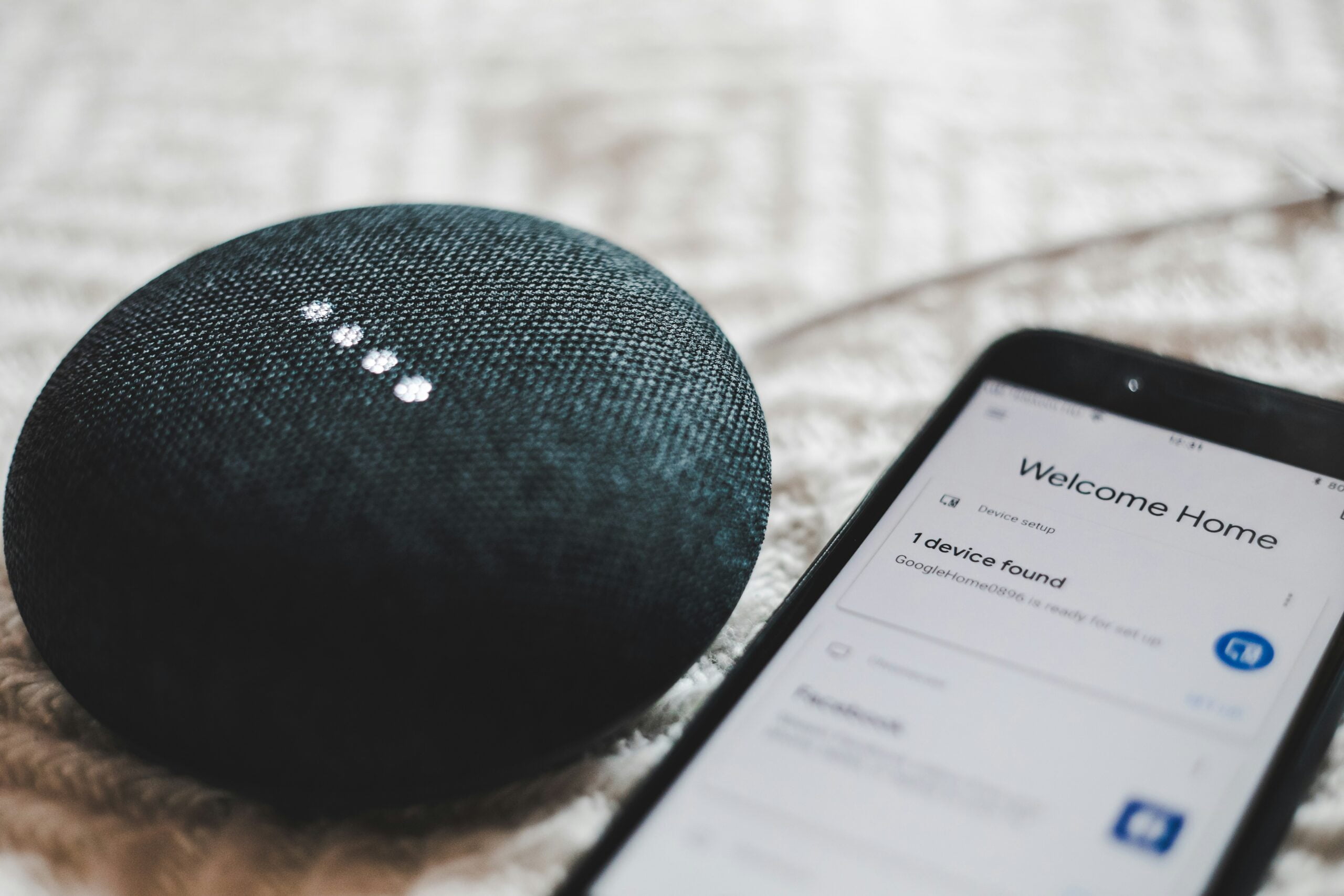The lines between home and office are blurring, especially in entrepreneurial hubs like Denver, Boulder, and Fort Collins. Many small businesses and startups are leveraging smart home devices to enhance their operations. From voice-activated assistants managing schedules to smart thermostats reducing energy costs, these consumer-grade devices offer affordable solutions for business use. However, before integrating smart home tech into your Colorado business, consider these 7 crucial factors.
1. Does it Address a Real Business Need?
Not all smart home devices translate well to business use. Evaluate each potential device through the lens of your specific business needs in Colorado’s dynamic market.
For example:
- Could a smart speaker with voice assistant capabilities help manage your Denver home office’s schedule more efficiently?
- Might smart lighting in your Boulder startup’s workspace boost productivity and reduce energy costs?
- Could a smart security system with cameras protect your Fort Collins small business when you’re not there?
Identify which smart home devices could genuinely enhance your business operations rather than just adding novelty.
2. Is it Compatible with Your Existing Business Tools?
Many smart home devices are designed for personal use, not business applications. Ensure any device you’re considering can integrate with your current business tools and software.
Ask yourself:
- Will that smart thermostat work with your business energy management system?
- Can the smart doorbell camera integrate with your customer relationship management (CRM) software?
- Does the voice assistant support your business productivity apps?
Incompatibility can lead to inefficiencies and frustration. Research thoroughly and consult with IT professionals familiar with both smart home tech and business applications in Colorado.
3. Can Your Business Network Handle It?
Smart home devices can put a significant strain on your network. In a business context, where reliable connectivity is crucial, this can be a major issue.
Potential problems include:
- Video conferencing dropping during important client calls
- Smart locks failing to respond, causing security concerns
- Voice assistants becoming unresponsive during crucial tasks
Before adding smart home devices to your business, evaluate your network infrastructure. You may need to upgrade your internet plan or invest in a business-grade router to handle the increased data load.
4. What Are the Data Privacy Implications?
Smart home devices collect a lot of data, which can be concerning in a business context. Many of these devices aren’t designed with business-level privacy in mind.
Key considerations for Colorado businesses:
- How does the device handle sensitive business information?
- Does its data collection comply with industry-specific regulations (e.g., HIPAA for healthcare businesses)?
- What control do you have over the data collected, and how is it protected?
Review each device’s privacy policy carefully. Ensure it aligns with your business’s privacy standards and legal obligations in Colorado.
5. How Secure Is It?
Consumer-grade smart home devices often lack the robust security features of enterprise solutions. This can pose significant risks when used in a business context.
To mitigate these risks:
- Choose devices with strong encryption and regular security updates
- Set up a separate network for your smart devices, isolating them from your main business network
- Regularly update all smart devices and associated apps
- Train your Colorado-based employees on secure usage of these devices in the workplace
Consider consulting with local cybersecurity experts in Denver, Boulder, or Fort Collins to ensure your use of smart home devices doesn’t compromise your business’s security.
6. Will It Stand the Test of Time?
In Colorado’s fast-paced business environment, you need technology that can keep up. Before investing in smart home devices for your business, consider their longevity.
Ask yourself:
- Does the manufacturer regularly update the device’s software?
- Is the technology based on widely-adopted standards, allowing for future integrations?
- What’s the expected lifespan of the hardware?
Choosing devices with a track record of consistent updates and broad compatibility will help ensure your investment remains valuable as your business grows.
7. Should You Start with a Pilot Program?
Implementing smart home devices in your business doesn’t have to be an all-or-nothing proposition. Starting small can help you assess the impact and address any issues before a full-scale adoption.
Consider starting with:
- A smart speaker in your Denver home office to manage schedules and reminders
- Smart lighting in one area of your Boulder coworking space
- A smart security camera at the entrance of your Fort Collins small business
This measured approach allows you to evaluate the benefits and challenges of using smart home devices in your specific business context before committing to a larger investment.
Expert Guidance for Integrating Smart Home Devices in Your Colorado Business
Navigating the use of smart home devices in a business context can be challenging, especially given the unique needs of Colorado’s diverse business landscape. If you need expert assistance in selecting, implementing, or securing smart home devices for your business use, we’re here to help.
Our team of local tech experts understands the specific needs of small businesses and home offices in Denver, Boulder, and Fort Collins. We can help you leverage smart home devices to enhance your business operations while ensuring security and compliance.
Contact us today to schedule a consultation about using smart home devices in your Colorado business.
